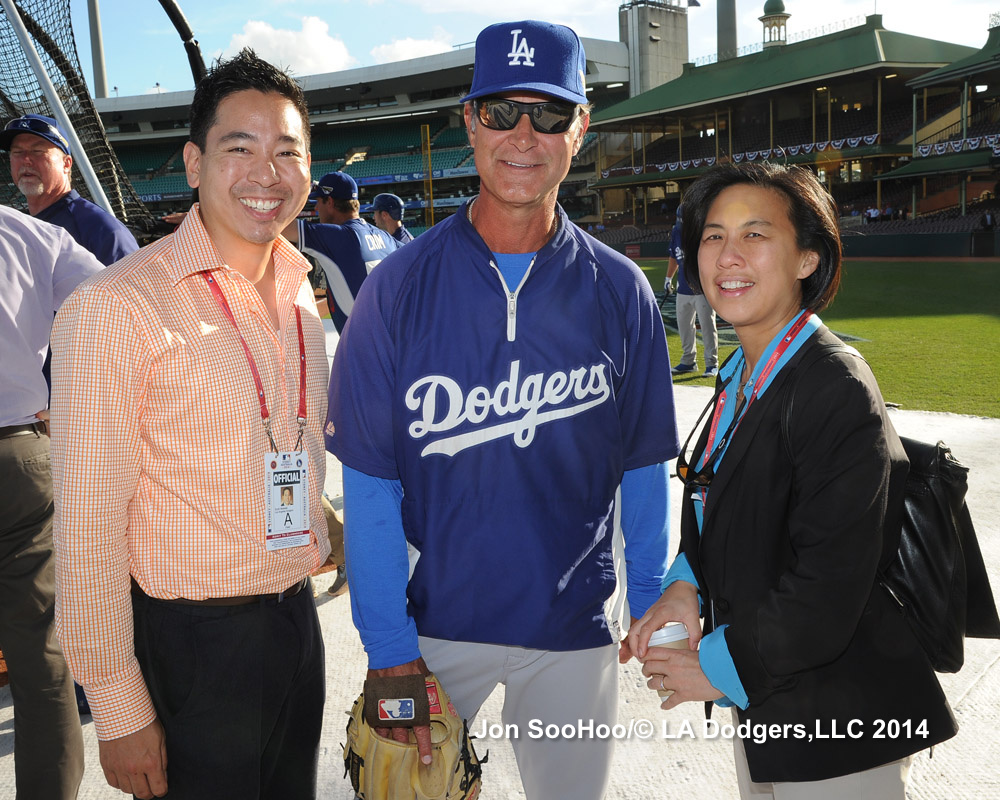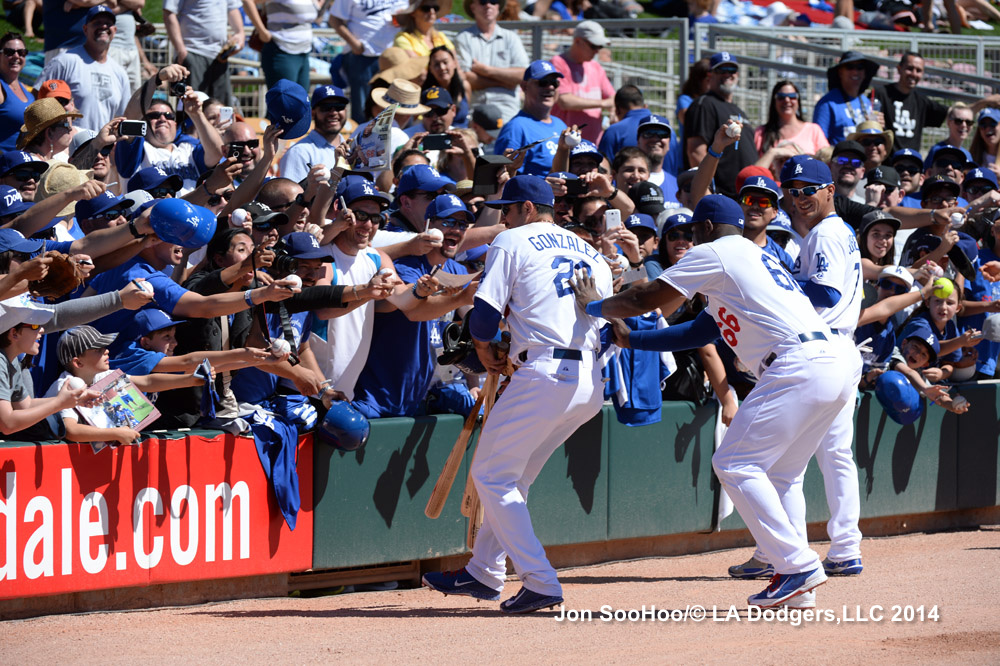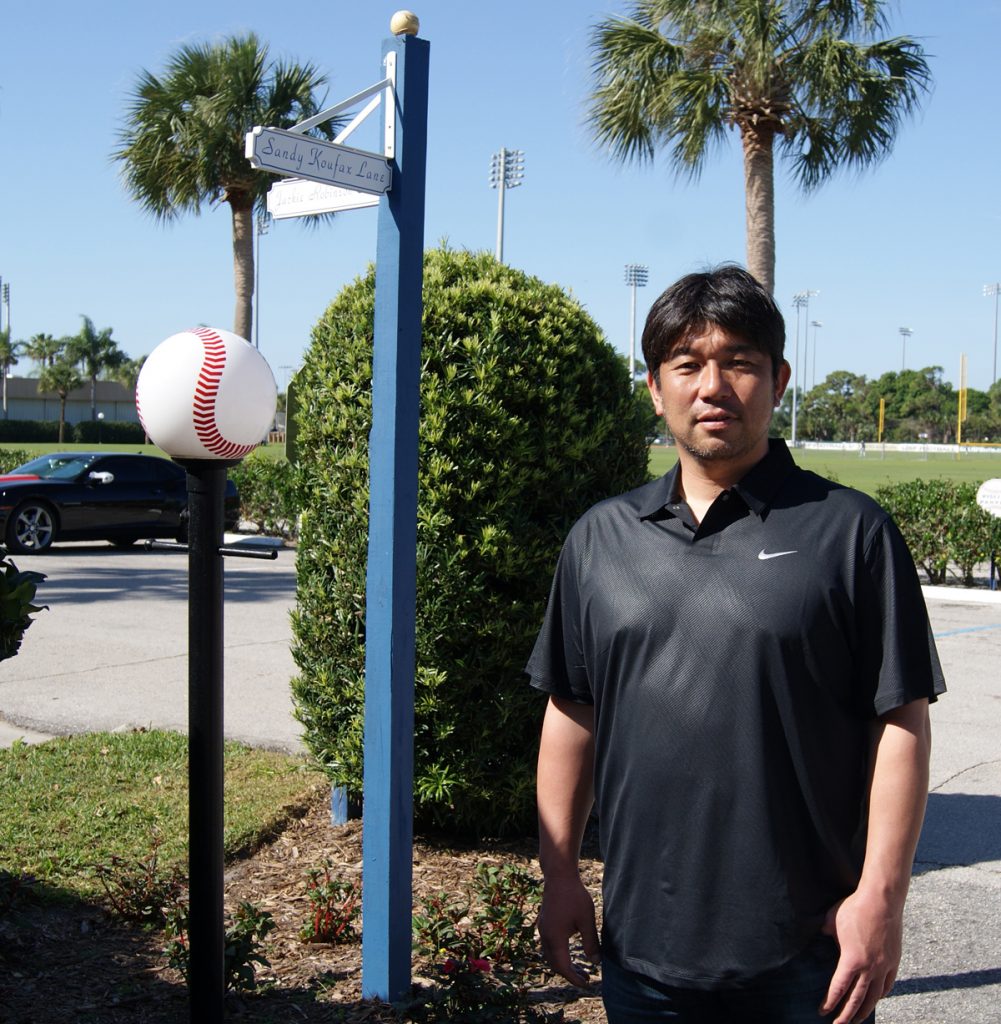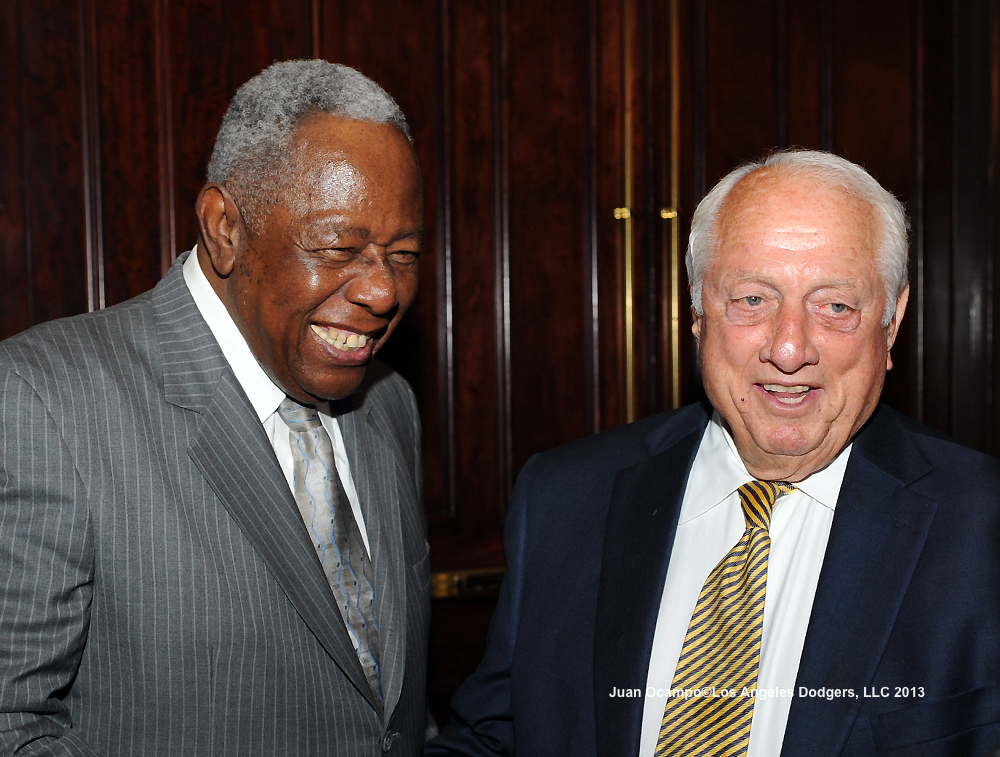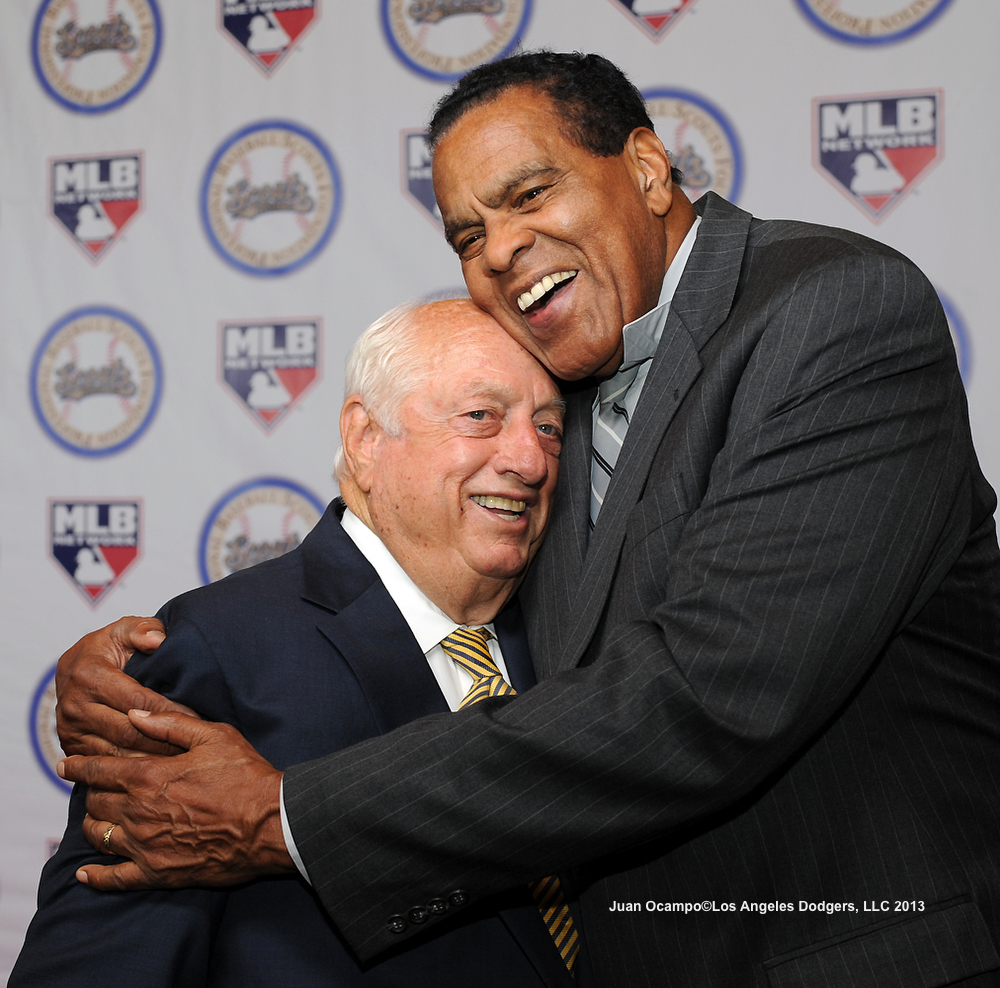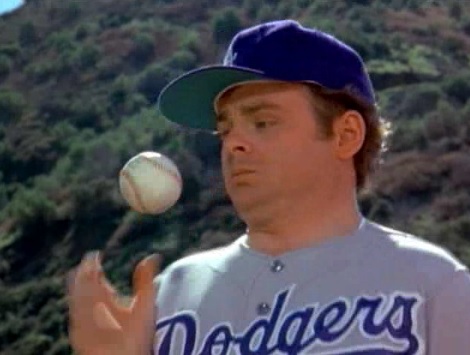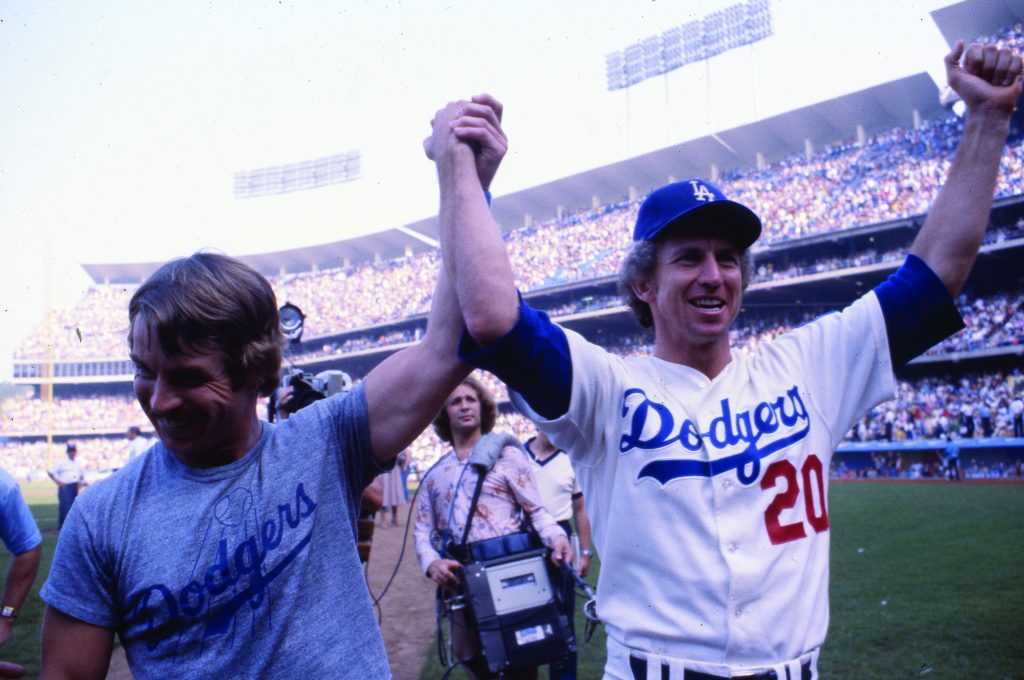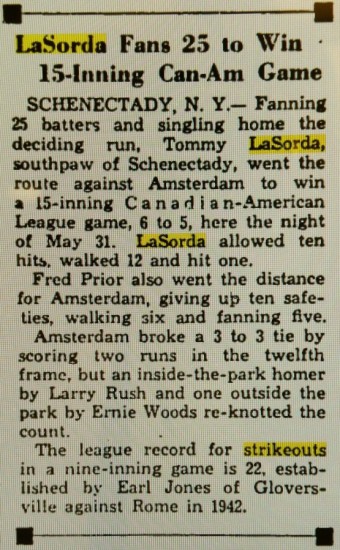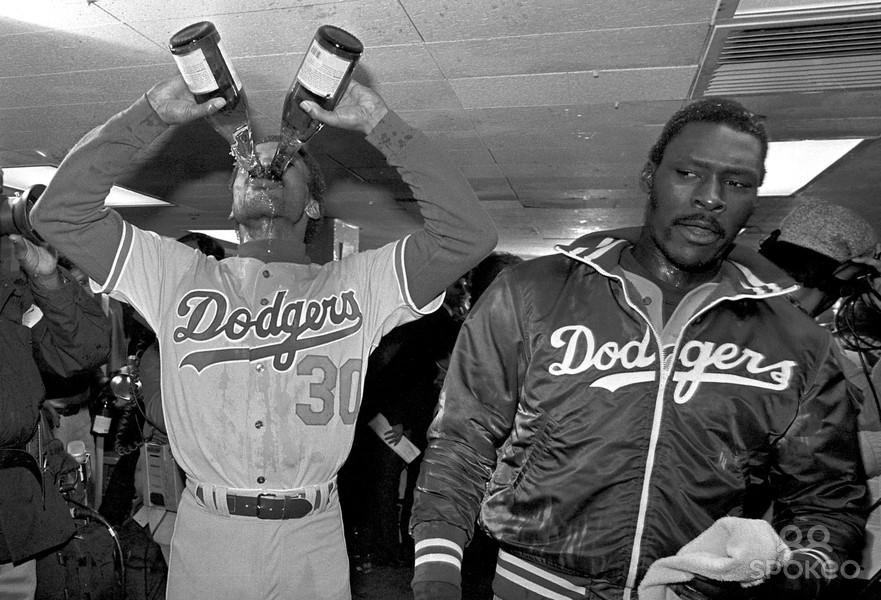 From the 1982 Bill James Baseball Abstract:
From the 1982 Bill James Baseball Abstract:
… When I was young the Boston Celtics used to coast through the season with a 50-32 sort of record, far behind the best mark in the league which might in a given season belong to Philadelphia or Los Angeles or whoever. But come playoff time, the Celtics would crush those teams with no apparent ease but considerable regularity. When Bill Russell retired he attributed this to the fact that during the season the Celtics, knowing that they could make the playoffs, would take care to develop their sixth and seventh and eighth players, as well as being careful to decentralize the offense, not relying on any one or two or three scorers to put the points on the board. And then come playoff time, the Celtics would have more weapons than their opponents. Russell could fight Chamberlain to a standoff and the Celtics would win because the rest of their roster was ready to contribute, whereas the reliance on the big man would have gradually weakened the rest of the roster.
I thought of that when I noticed a pattern in the Dodger playing time in the second half of the season. Three of the four first-half champions were veteran teams, near the point of having to start getting some new names in the lineup. But only the Dodgers seemed to realize that, with a spot guaranteed, they might as well start developing some more weapons. All of the Dodger regulars, with no exceptions, batted fewer times in the second half of the season than in the first. The team did play four more games in the first half, but that’s not the cause of it; all eight regulars batted more times per team-game in the first half than the second. The extra at-bats were absorbed by Derrel Thomas, Rick Monday, Reggie Smith, Steve Yeager, Steve Sax, Candy Maldonado and Mike Marshall, who all batted more times in the second half, despite the four fewer games, than they had in the first. The Dodgers also took the opportunity to take a look at Tom Niedenfuer and Dave Stewart and Alejandro Pena, pitchers who figure to help them sometime later.
Then you look over the score sheets of the Dodger victory that led them over the World, and you see Monday’s home run, Yeager everywhere, Derrel Thomas tracking balls down on the track, Niedenfuer shutting people down, Jay Johnstone hitting a key home run. I can’t remember a World Championship that was won with so much help from the bench. Lasorda’s a conservative manager, not really a very interesting manager in substance. But I think you have to give him some real credit here. …
James was in his ascendance at this time – this was his first Abstract that had a formal publisher. The year before, I ordered a copy of the 1981 Abstract from a small ad in The Sporting News, and it came with a hand-designed cover and essentially was photocopied and bound. Reading James at this time was like Clayton Kershaw pitch — you practically salivated over every insight with excitement and no small amount of awe.
Reading the passage above three decades later, I can’t avoid having some amount of skepticism. I don’t necessarily doubt the Dodgers used their bench more than other teams did that year, but a) they might simply have had a more talented bench (I mean, those are some good names up there) and b), I question whether their use of the bench was as revolutionary or as James asserts.
But like I said, James was Kershaw. So I am tempted to take it as gospel. And certainly, a similar formula helped propel the 1988 Dodgers to their title. The bottom line is, much like with a bullpen, you need a good bench to win, though it might not be something you plan.
Dodgers at Yankees, 10:05 a.m.


